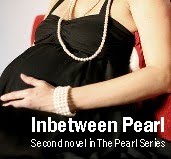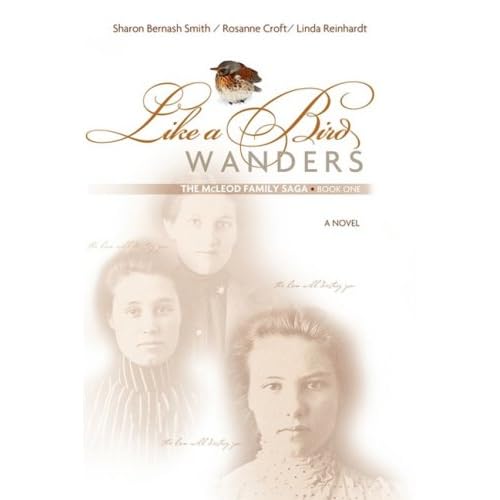I picked up the book several times, read a few pages and set it down.
It sat by my bedside. Months turned into a year. More months went by and other books and projects piled on top.
A recent development at work offered the opportunity to create an audio podcast. I flounced into the office with a concept I was eager to flesh out. Before I barely turned on my computer, a co-worker leaned into my cube and proffered the same idea. I knew there was traction in the creative sphere and we should do it.
The course of the project at work allowed me to reconnect with Linda Reinhardt. Our subsequent conversation reengaged my interest in completing Like a Bird Wanders. I plucked the paperback out of the pile, relaxed on the bed and plummeted into the turn of the century: a family in crisis, punished by their own choices, propelled by events like the Yacolt fire—the largest fire recorded in Washington state history.
The story is told through the voices of the three McLeod sisters. Each of the authors spoke as one of the sisters. Because I had met two of the authors, I found myself wondering which author represented which character. I waver between asking Linda to disclose who was who and leaving the question unspoken. Some mysteries are meant to be savored.
The book speaks to the importance of family, of solid values that give us good footing no matter what life throws at us or what choices we make. It's about relationships. Some relationships support our dreams and support us through life's crises, others are centered around the other person's needs, and become selfish and self-serving—for them, not for us. It's also about not postponing joy in the midst of sadness.
Thirty pages in, I inserted my first marker. Eva Jo speaks about how unremarkable our days can be, yet how blessed we are, "by the things that make them that way." How much of what is plain and regular in our lives, isn't so plain, but builds the foundation of what we need to survive the unexpected? Later, Eva Jo writes to her absent sister Grace, "I'm living behind the loom, not able to see much but strange patterns." How much of our lives make no sense until we are farther down the road?
 In her journal, Grace writes of the mesmerizing beauty of a Tanager, 'a flame with wings.' She follows the flash of red onto private property, recieves permission to scout it, but the bird escapes into the air, and melancholy walks Grace out of the garden. "It was only then I realized he'd left something behind. His song." What are we leaving behind? A beautiful pattern wrought by our own 'life's loom?' The gift of song? All these thoughts engaged me as I fell deeper into the book.
In her journal, Grace writes of the mesmerizing beauty of a Tanager, 'a flame with wings.' She follows the flash of red onto private property, recieves permission to scout it, but the bird escapes into the air, and melancholy walks Grace out of the garden. "It was only then I realized he'd left something behind. His song." What are we leaving behind? A beautiful pattern wrought by our own 'life's loom?' The gift of song? All these thoughts engaged me as I fell deeper into the book.In another letter, Eva Jo encourages Nettie, "Place your hand over your own heart, Gracie. Feel it beating? That's how often I think of you..." This is good storytelling, the words tell us how often Eva Jo thinks about her sister without using cliches such as, not a day goes by that I don't think of you. The wonder of the sister-to-sister connection is a continuous thread throughout the book.
There are places in Like A Bird Wanders, especially near the end, when the reader receives an abundance of information as the story ties up the loose ends, and at the beginning it was a bit of a transition to get into the feel of the letter exchange, but overall, the book spoke to me in emotional ways that I won't soon forget.
On Thursday June 24, our work project debuts, Book Convos: conversations about books and people who love them, on couv.com. More on that, later!






























![Validate my RSS feed [Valid RSS]](https://blogger.googleusercontent.com/img/b/R29vZ2xl/AVvXsEiAIPReZorWncm8rqb2sSJRToPKpOGvLVLIgPtfxjxu0dWp8vAiyz8tbz8M34zpnRUMU7gt-vjPvEGsTfn5AfL4_KnzLj0up6PTs7yQWt_ClPyj8oYhoVbhZdWtah0mX6VY_6S5GRembsg/)
2 comments:
This sounds like a really interesting book. Can I borrow it?
You bet! Happy to share.
Post a Comment
Let the commenting commence! The First Carol retains the right to have the last word.